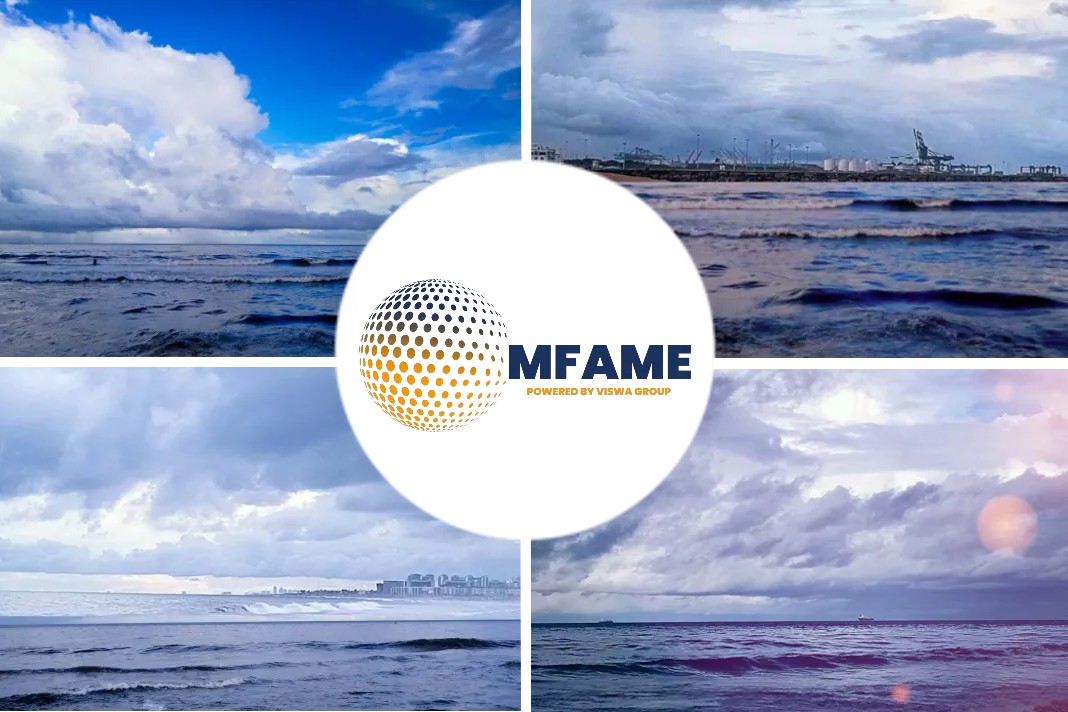- Gasoline panic-buying has our friends across the pond looking like a reflection of the U.S. during the Colonial Pipeline hack.
- Britain’s transport minister pleaded with motorists on Tuesday to stop filling up old water bottles with fuel at gas stations.
- This followed after panic-buying left pumps dry across major cities and prompted the government to put the army on standby.
- While the government in England has stated that there is no fuel shortage, Bloomberg is reporting that 90% of the pumps in major British cities have run dry.
Timothy Dooner writes for Freightwaves about energy issues stall supply chains; congestion mounts at East Coast ports; Amazon algorithms tighten their grip; first female port header named; and more.
Gas in the U.S.
Regular gas prices, which averaged $2.18 a gallon last year according to AAA, are now nearly a dollar above that at $3.17. CBS news reports, “Jeffery Born, an energy markets expert at Northeastern University, said current gasoline prices are partly a result of production and refining capacity that was knocked offline by Hurricane Ida and partly a result of other shortages — even a shortage of tanker drivers.”
Diesel dilemma
The Department of Energy/Energy Information Administration retail diesel price is at a level it hasn’t reached in nearly seven years.
FreightWaves’ John Kingston reports, “At $3.406 per gallon, the benchmark price for fuel surcharges has not been at this lofty level since a price of $3.419/gallon on Dec. 15, 2014.”
Port watch
If you’re anything like me, during the shipping crisis you’ve been checking vessel maps more often than your fantasy team.
One to watch right now is the ports of New York/New Jersey where over two dozen cargo ships and tankers sit at anchor.
That tanker fuel is important for heating oil as winter approaches and is a market to keep an eye on. Disruptions aren’t in the data yet but impacts may be too early to show.
“The power curbs will ripple through and impact global markets. Very soon the global markets will feel the pinch of a shortage of supply from textiles and toys to machine parts.” — Nomura analyst Ting Lu to Bloomberg
Factories of sadness in China
Retail inventories aren’t the only thing impacted by overseas shutdowns. Now Asia and Europe are dealing with a power shortage that’s hitting its factories.
The center of China’s manufacturing belt in the provinces of Jiangsu, Zhejiang and Guangdong are under power usage restrictions.
How bad is it? The New York Times reported, “Factories in the city of Dongguan have not had electricity since last Wednesday.”
Dry bulk, LNG, iPhone, Tesla and even steel production are all seeing similar energy-related slowdowns. Read FreightWaves’ Greg Miller’s article for a full breakdown.
Terminated
Not only have Amazon sellers had to contend with an endless and escalating shipping conundrum, but they’re also swimming against the digital current of robo-judgement.
Some say Amazon’s SkyNet-like algorithms, which dispense punitive measures without many options for recourse, are at the heart of the matter. Last month, VIAHART CEO Molson Hart came on WTT to discuss those challenges.
“The whole thing just doesn’t make sense. But that’s kind of Amazon for you.” — Chukar Cherries founder Pam Montgomery in The Seattle Times
Cherry pit
This week, The Seattle Times reported on Chukar Cherries, which was abruptly banned from Amazon due to what may be guilt by algorithmic association.
Despite the company’s being a seller in good standing since 2003, Amazon’s fraud detection system misassociated it with a “bad actor” near Shanghai.
With an estimated 6 million Amazon sellers operating on the platform, most have an automated business relationship with the e-tail giant. When things go awry, appeals can last months.
Fortunately for Chukar Cherries, The Seattle Times intervened and helped the seller get its account active again.
Ports America moves forward
International Longshoremen’s Association (ILA) Local 1414 has named 20-year veteran Shebbie Davis as the first female header of the Port of Savannah.
Bang the cowbell! WSAV reports that Davis will oversee “port crews as they unload and transport cargo shipments from the ships docked at the port.”
She takes the role as East Coast ports face mounting congestion as record freight volumes pour in from trans-Pacific lanes. Twenty-four container ships currently sit at anchor outside the Port of Savannah.
Expansion
They’re going to need more space for all that volume.
gCaptain reports, “The Georgia Ports Authority Board approved more than $34 million to help expedite an additional 1.6 million twenty-foot equivalent container units in capacity to the Port of Savannah that will begin coming online in December.”
That’s not the only South East port that got some love today. FreightWaves Joanna Marsh has the story on Jacksonville Port Authority awarding a $49 million construction contract to expand terminal capacity.
Slow and steady
A turtle on the tarmac at Japan’s second-busiest airport delayed five planes on Friday morning.
ANA has already had to cancel 14 of its weekly flights to Hawaii due to coronavirus restrictions. However some at Narita international airport see the reptile as a symbol of nature healing.
The Guardian reports that the airline said, “In Hawaii, sea turtles are seen as bringing good luck, and we hope this turtle that came to see the flight off signals a bright future.”
Wednesday
What happens when a driver quits and abandons his truck? We’ll learn the logistics behind recovery. Why you should embrace tech now, not later. Five tips to prepare you for this year’s peak season.
A special announcement from Charley Dehoney.
How to identify the right candidates for your brokerage and more.
With Caleb Nelson, chief revenue officer at Sifted; Melissa Forman, chief strategy officer at TriumphPay; Mohammad Banibaker, president at Azmi Freight Inc.; Sean Richardson, VP of growth and development at Tallgrass Freight Co.; and Dehoney.
Did you subscribe to our daily newsletter?
It’s Free! Click here to Subscribe!
Source: Freight Waves



















